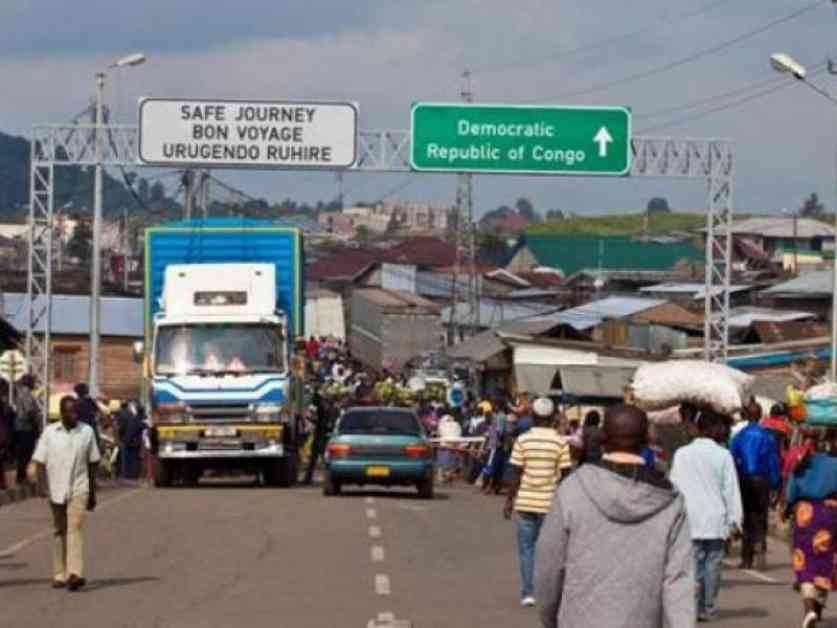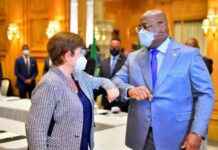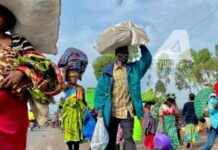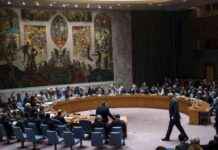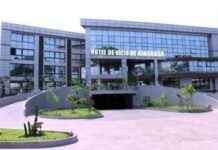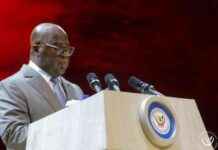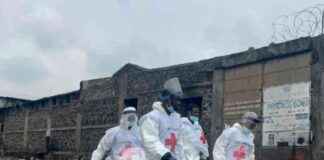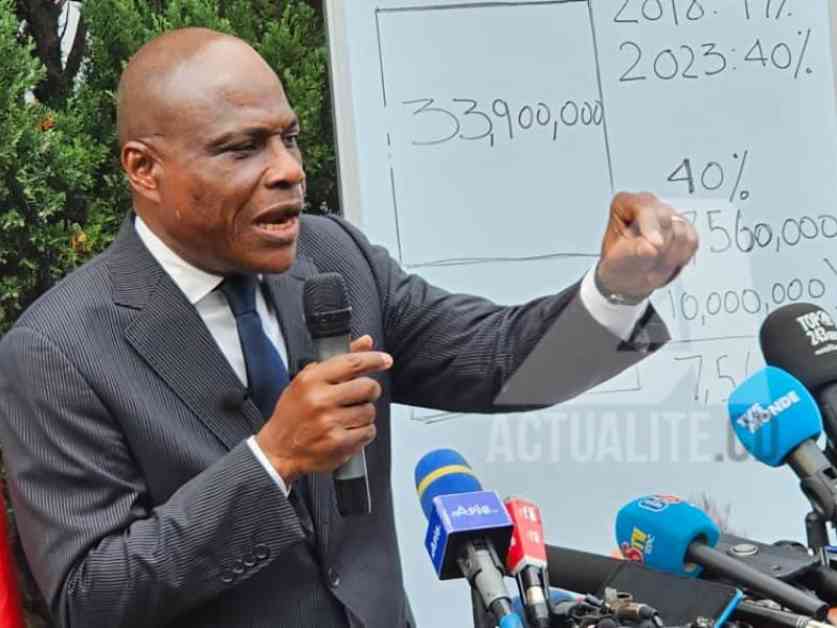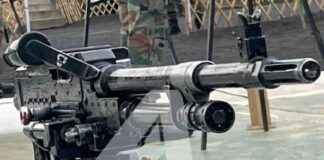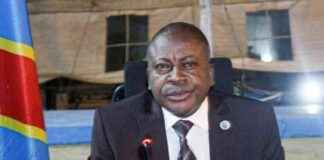Rwandan Border Closure Demanded by Sud-Kivu Civil Society
In a bold move to demand the closure of the Rwanda border, the civil society of Sud-Kivu, along with citizen movements and some political parties, staged a sit-in at the Ruzizi 1 border on Thursday, January 9th. The protesters gathered in the early hours of the morning to call for the severance of diplomatic ties between Rwanda and the DRC, as well as the shutdown of borders between the two countries.
Seeking Peace Through Protest
The action taken by the civil society was triggered by the self-proclamation of the Twirwaheno militia as a branch of the M23 in Sud-Kivu, coupled with Paul Kagame’s reluctance to engage in peace talks. Néné Bintu, the president of the coordination office of the civil society of Sud-Kivu, emphasized the need for peace negotiations, stating, “The objective is to compel the Kigali regime to return to the negotiating table so that we can achieve peace.”
Unity for Change
The diverse civil society groups, citizen movements, and residents highlighted the importance of cutting off all diplomatic relations, suspending cross-border trade, and other beneficial activities with Rwanda. Néné Bintu expressed the sentiment of many when she said, “We do not want to continue collaborating with an aggressor country. Rwanda needs to understand that it is harming the DRC because Rwanda benefits more from this border with us Congolese.”
Albert Matabaro, a member of the citizen movement Jogo ya Serkali, echoed the urgency of the situation, pointing out the M23’s occupation of over 130 localities in North-Kivu. “Now is the time to close our borders, to tell Mr. Kagame that this country is not to be invaded,” he asserted.
Police Intervention
The sit-in was eventually interrupted by the police, who demanded that the protesters obtain authorization from provincial authorities. Despite this setback, the determination of the civil society to push for peace and sovereignty remains unwavering.
As tensions continue to escalate at the border, the demand for closure and diplomatic resolutions grows stronger. The voices of the Sud-Kivu civil society and its allies are united in their call for peace and justice, challenging the status quo and advocating for a future free from conflict. The impact of their actions reverberates beyond borders, reminding us all of the power of collective action in the pursuit of a better tomorrow.
